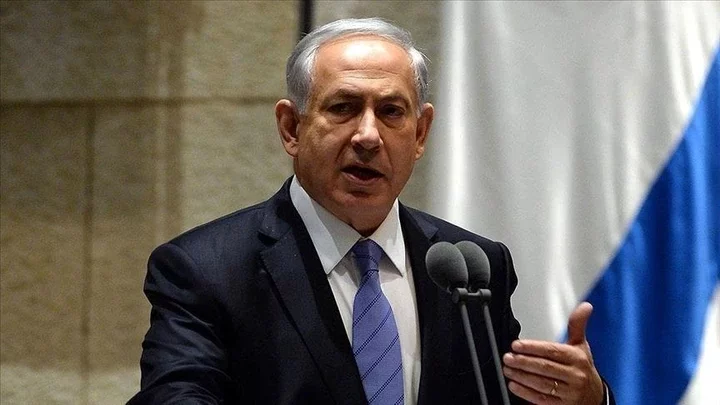
Israeli Prime Minister Benjamin Netanyahu wields near-complete authority over negotiations regarding Israeli prisoners held in Gaza, according to newly disclosed official documents. These revelations, reported by Yedioth Ahronoth on Wednesday, outline Netanyahu's sole control over discussions and decision-making processes involving the prisoners, as well as his oversight of the negotiation team and military officials involved in these sensitive talks.
According to reports from Anadolu Agency, the documents, submitted by the Israeli government to the Supreme Court, indicate that Netanyahu alone directs the negotiations, issues instructions, and decides when and what to brief the political-security cabinet. His control extends to determining what matters are deemed important enough for discussion and decision-making, particularly regarding potential concessions to Hamas and any movement in the ongoing prisoner exchange talks.
The information was revealed as part of a submission from Netanyahu's Secretary, Yossi Fuchs, in response to a petition filed by the families of Israeli prisoners held in Gaza. The petitioners have expressed concern over Netanyahu's unilateral approach, arguing that his dominance in the decision-making process undermines transparency and limits the cabinet's ability to participate in critical decisions.
Since the dissolution of the unity government and the war management council, Netanyahu has retained daily oversight of the Gaza prisoner issue and negotiations for any possible release deal. This has resulted in frustration among the families of the prisoners and members of the opposition, who contend that Netanyahu's refusal to involve the broader political-security cabinet or to allow for a more collaborative decision-making process has hampered potential progress in the negotiations.
The petitioners' complaints highlight that significant details of hostage and missing persons deals were never presented for cabinet discussion throughout the entire conflict. The Supreme Court is expected to begin deliberations on the case soon, raising questions about Netanyahu's handling of the situation.
Meanwhile, Netanyahu has denied the accusations, rejecting a request from his negotiation team to expand its mandate in order to reach a potential prisoner exchange agreement with Hamas. Despite months of complaints from the negotiation team about their limited authority, Netanyahu's refusal to extend their mandate has contributed to a stalemate in talks.
The Israeli government continues to hold over 9,500 Palestinians in its prisons, while an estimated 101 Israelis remain captive in Gaza. The ongoing war in Gaza, which has claimed the lives of nearly 44,000 Palestinians, has sparked increasing international condemnation and recognition of the conflict as a potential act of genocide. Israel now faces legal action at the International Court of Justice for its actions in Gaza.

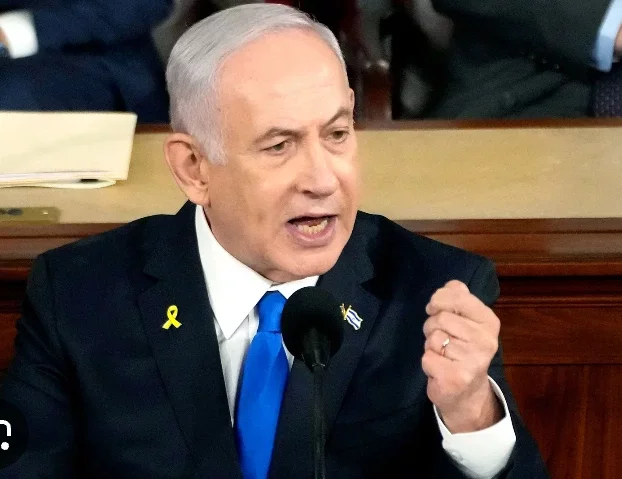
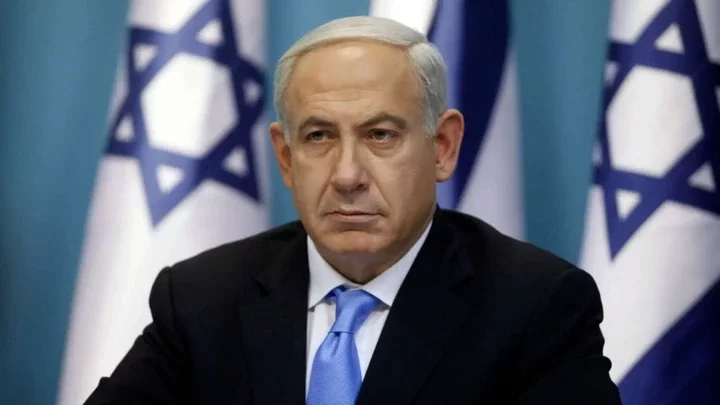

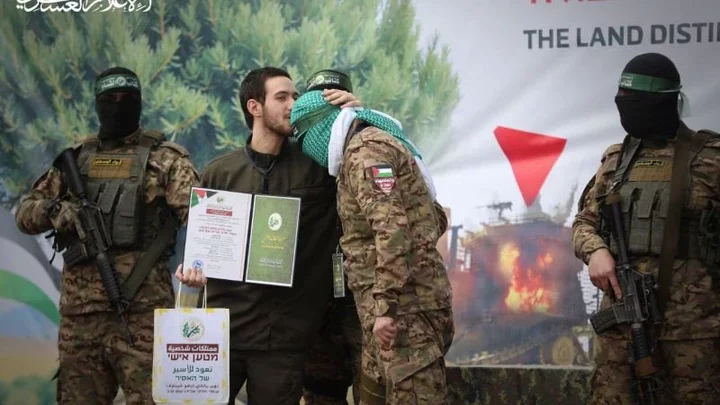
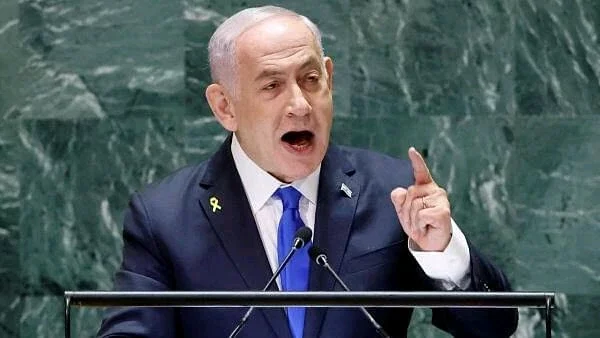
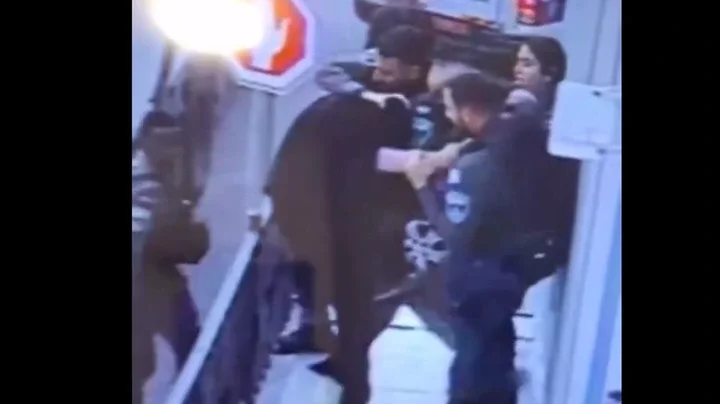




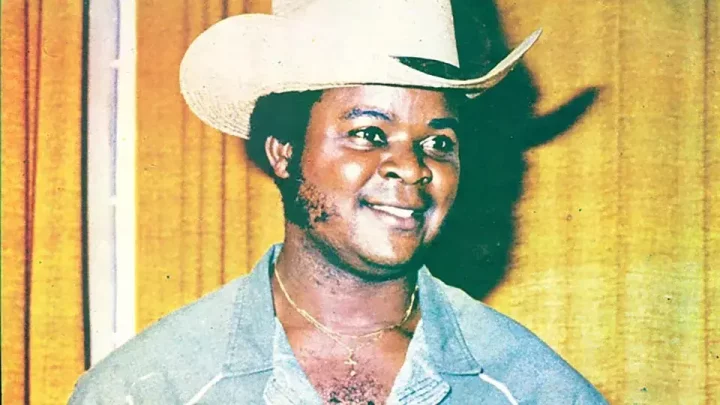




Comments